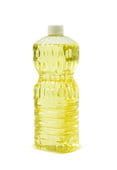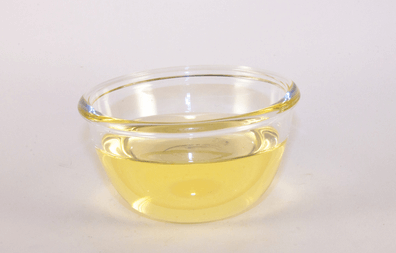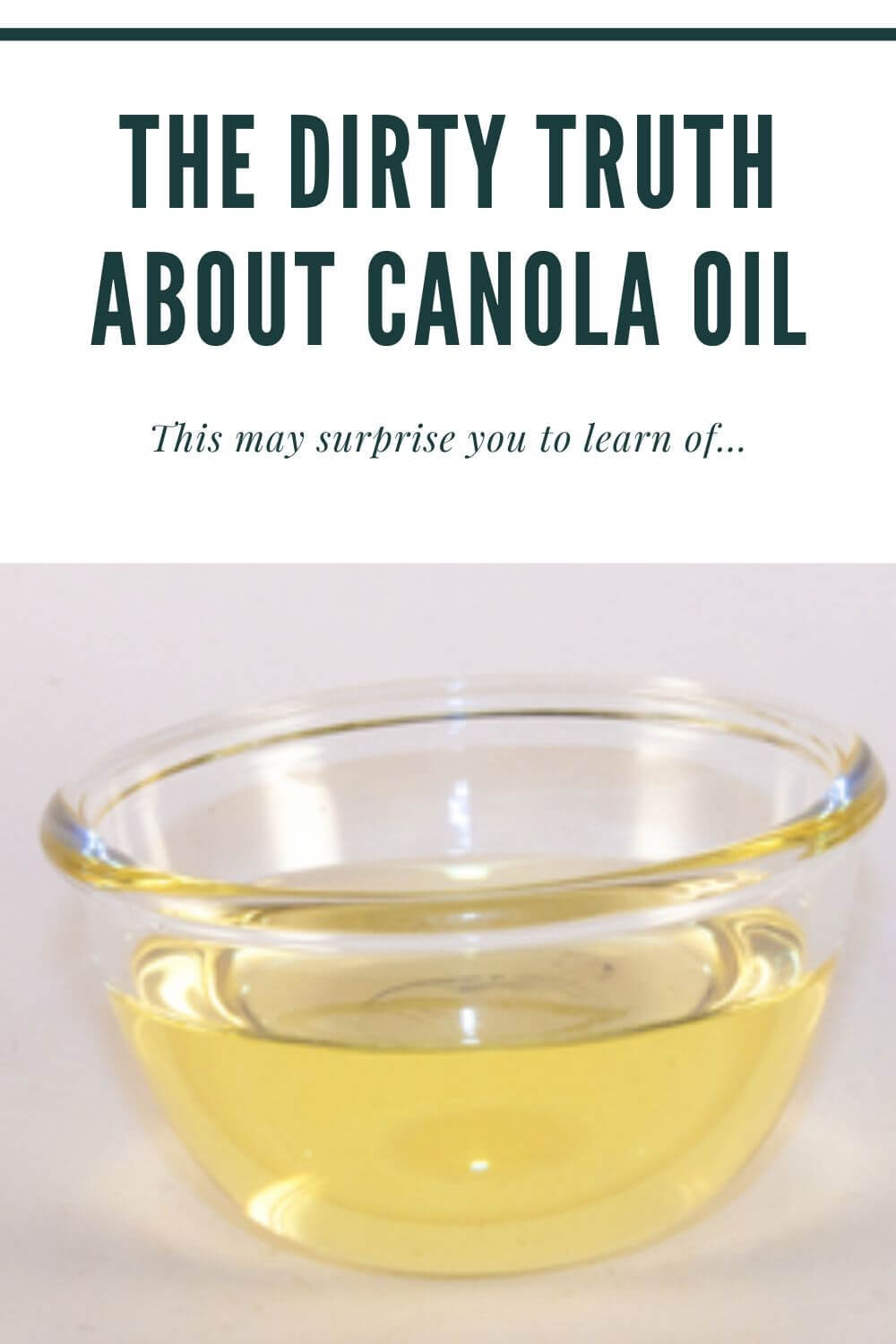Have you been lied to about the health benefits of canola oil, or what?
by Mike Geary, Certified Personal Trainer, Certified Nutrition Specialist
If you’ve been following my fitness newsletters for any length 
Many have asked me why that is. All they hear in the mainstream media is that canola oil is “heart healthy” …and a good source of monounsaturated fats, similar to olive oil. That couldn’t be further from the truth.
First of all, you need to realize that much of what you read and hear about in the media has been influenced by heavy-handed marketing tactics by major food companies.
Canola oil is cheap for them to produce so they want to dupe you into believing this is “healthy oil”. This way people, restaurants, etc., will buy it up as their oil of choice for regular use.
The Dirty Truth About Canola Oil
Yes, it is true that canola oil is high in monounsaturates, but let me explain why canola oil is anything BUT “healthy”.
Canola oil is made from something called rapeseed. Rapeseed actually has been altered over the years to reduce the percentage of a problematic component of rapeseed, which is erucic acid.
What is erucic acid, you ask? Well, following is the definition as posted in a medical dictionary:
Important note on canola oil “urban legends”: There is a problem with most websites that DEFEND canola oil, saying that internet “urban legends” on the dangers of canola oil are unfounded.
The problem is that these websites that defend canola oil ONLY talk about the issue of erucic acid. The issue of erucic acid IS an urban legend, because erucic acid has evolved to very low levels over the years, so it is a non-issue.
The websites that defend canola oil are “barkin’ up the wrong tree,” because they do not address the issue of the processing of canola oil …and oxidation of the polyunsaturated component of canola oil, which is what makes it unhealthy for human consumption.
THAT’S the real issue that they either don’t understand (because they are not nutritional experts) or they are simply ignoring this issue.
Let Us Look at the REAL Issues With Canola Oil:
Canola oil typically ranges between 55-65% monounsaturated fat and between 28-35% polyunsaturated fat, with just a small amount of saturated fat.
While we’ve been led to believe that high monounsaturated fat oils are GOOD for us (which they are in the case of virgin olive oil …or from unprocessed nuts or seeds), the fact is that canola oil has more DISadvantages than it has advantages.
As you may have red in other newsletters of mine …or in my Truth about Abs book… one of the biggest problems with highly processed and refined vegetable oils (such as corn oil, soybean oil, and yes, even canola oil!) is that the polyunsaturated component of the oil is highly unstable under heat, light, and pressure …and this heavily oxidizes the polyunsaturates which increases free radicals in your body.
The end result of all of this refining and processing are oils that are highly inflammatory in your body when you consume them. They potentially contribute to heart disease, weight gain, and other degenerative diseases.
The reason that extra virgin olive oil is good for you is that it is cold pressed without the use of heat and solvents to aid extraction.
Canola oil, on the other hand, is typically extracted and refined using high heat, pressure, and petroleum solvents such as hexane.
Most canola oil undergoes a process of caustic refining, degumming, bleaching, and deoderization… all using high heat and questionable chemicals.
Does Canola Even Have Trans Fats?
Even worse, all of this high heat, high pressure processing with solvents actually forces some of the omega-3 content of canola oil to be transformed into trans fats.
According to Dr. Mary Enig, PhD, and Nutritional Biochemist (author of, Know Your Fats: The Complete Primer for Understanding the Nutrition of Fats, Oils and Cholesterol) (my affiliate link), “Although the Canadian government lists the trans fat content of canola at a minimal 0.2 percent, research at the University of Florida at Gainesville, found trans fat levels as high as 4.6 percent in commercial liquid canola oil”.
…and this is the crap they’re marketing to you and I as a “health oil”?
As you can see from the details above on how canola oil is processed, are YOU convinced that it’s any healthier for you than other junk oils like soybean oil or corn oil.
The bottom line is this; it’s an inflammatory oil in your body and should be avoided whenever possible.
The only canola oil that MIGHT be reasonable is IF you see proof that it is “cold pressed” …and organic. I rather doubt you’ll find any as most canola oil is NOT cold pressed or organic. So, why not choose oils that you know are healthier.
Your best options are the following oils:
- extra virgin olive oil – for lower temperature cooking or used as a healthy salad dressing oil
- Udo’s Choice Oil Blend – NEVER use this for cooking as it has a higher polyunsaturated fat content (therefore heat destroys the benefits of this oil), but it is a cold processed blend of healthy oils that mixes well with olive oil for salad dressings.
- Virgin coconut oil – great for all temperatures of cooking due to it’s high stability under heat. A great source of healthy saturated fats in the form of medium chain triglycerides (MCTs), one of which is Lauric Acid, which helps support the immune system and is lacking in most western diets.
- Organic grass-fed butter – I like to use a mix of butter, coconut oil, and a small bit of olive oil for most of my cooking. Grass-fed butter is a great source of CLA, which has even been shown in studies to have muscle building and fat burning properties.
So don’t be fooled by food labels claiming that they contain “healthy canola oil”… as you have learned here, this couldn’t be further from the truth! Choose some of the healthier options from those listed above and your body will thank you.
Please feel free to copy the link to this article (in your browser bar) and post on your Facebook, Twitter, myspace, or blog/forum pages to share with your friends and family to help them eat healthier.
To a leaner and healthier body,
Mike Geary
Certified Nutrition Specialist
Certified Personal Trainer
Author – The Truth about Six Pack Abs (using my affiliate link)








That’s a very interesting article you have posted there. It makes some rather serious claims- so my first observation would simply be “citation needed”.
There is a book mentioned by a nutritional biochemist Dr Mary Enig- who is known for her unconventional views on saturated fats. She has been criticized by the scientific community for a lot of her work in this field.
The claims made in the article sound like they are taken directly from her book without any scientific or medical understanding of exactly what it means, nor any consideration given to contemporary research on the position.
To actually understand how canola oil in particular has been known to cause inflammation, you should read:
http://www.ncbi.nlm.nih.gov/pubmed/25403327
You will note that this is a very specific set of circumstances, and improves serum lipids, liver enzymes, and basal inflammation in s. c. adipose tissue, but it mediates an acute pro-inflammatory response in adipose tissue upon consuming a meal.
However, on the other side of the debate:
http://www.ncbi.nlm.nih.gov/pubmed/23731447
This study shows substantial reductions in total cholesterol and low-density lipoprotein cholesterol, as well as other positive actions, including increased tocopherol levels and improved insulin sensitivity, compared with consumption of other dietary fat sources. In summary, growing scientific evidence supports the use of canola oil, beyond its beneficial actions on circulating lipid levels, as a health-promoting component of the diet.
You will find that the majority of research points towards canola being perfectly safe, and in many cases beneficial to health.
My advice would be to NEVER take health information from a site with “The DIRTY truth” in the title… clearly they are trying to illicit an emotional response.
https://en.wikipedia.org/wiki/Mary_G._Enig
Wow! Thank YOU Michael for your researching this topic and including your information here. I truly appreciate your contribution.
i never find time to write good posts. i really appreciate all the good information everyone else has to share.
Well good Claudino, thank you.
keep up the good work!
I will, thanks Carla!
thanks for this info!
You're welcome Elenice!
I like what I see here, so now i am following you. Look forward to reading your future posts.
Thanks Daniele!
I’ve found Mike Geary to be THE best when it comes to nutritional advice!
I concur Cariana!
thanks for your excellent review!
Thanks Carol!
Hey there! I’ve been following your website for some time now and finally got the nerve up to go ahead and give you a shout out from New Caney Texas! Just wanted to tell you keep up the great job!
Thanks Miles!
Very good post. Made me realize I was totally wrong about this issue. I figure that one learns something new everyday. Mr Right learned his lesson! Very informative website by the way.
Thanks David!
thanks for the share!
You're welcome Charles!
ha-ha! I agree with you 100%.
🙂
when i want to entertain myself i come to your blog. please keep posting great articles like i’ve read here.
I will try Alena. Thanks!
Hey! May I submit this post to my site? I’d like to share it with others.
Hey Robert, please DO share my post with others. Thank you for asking!